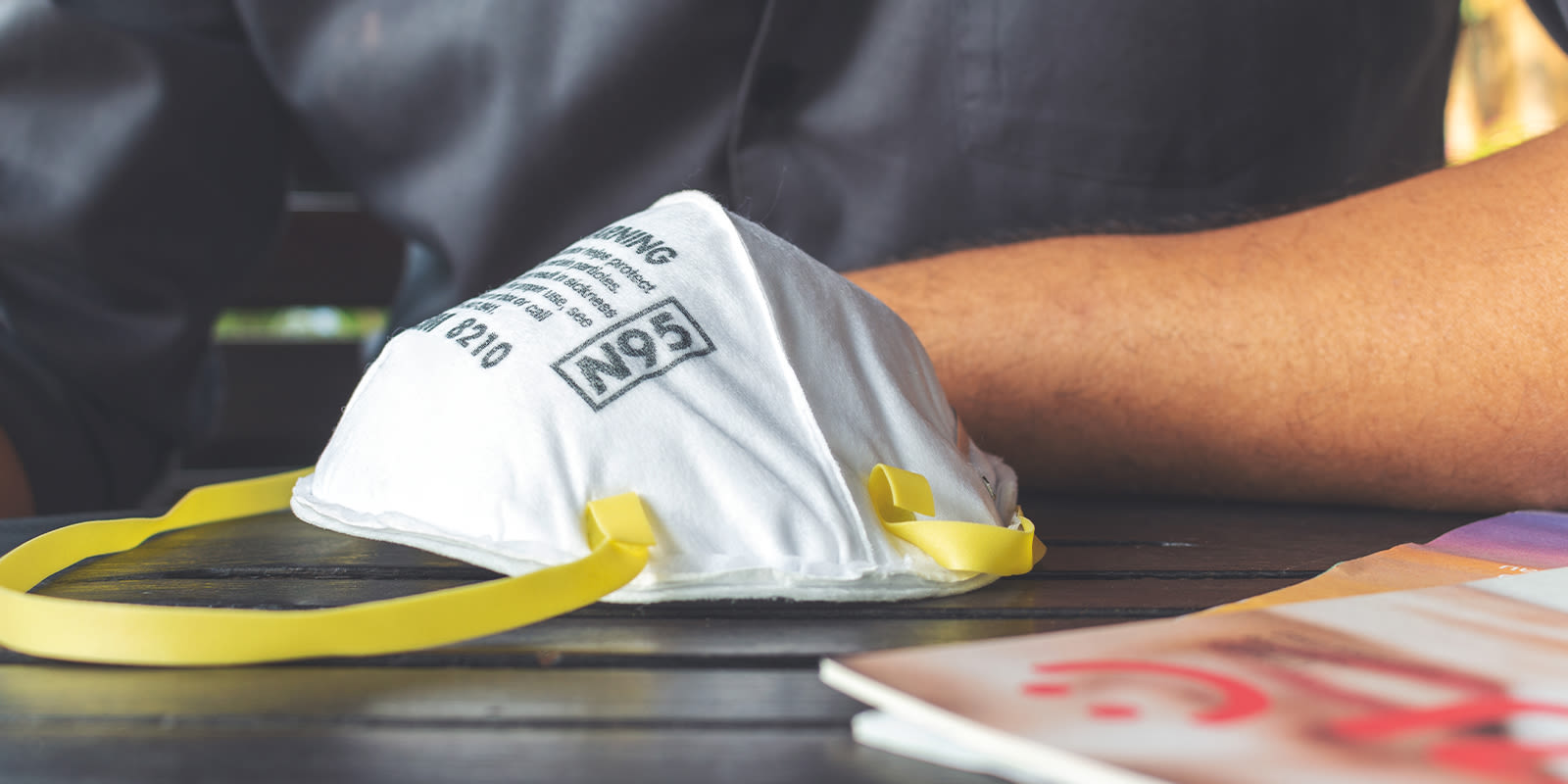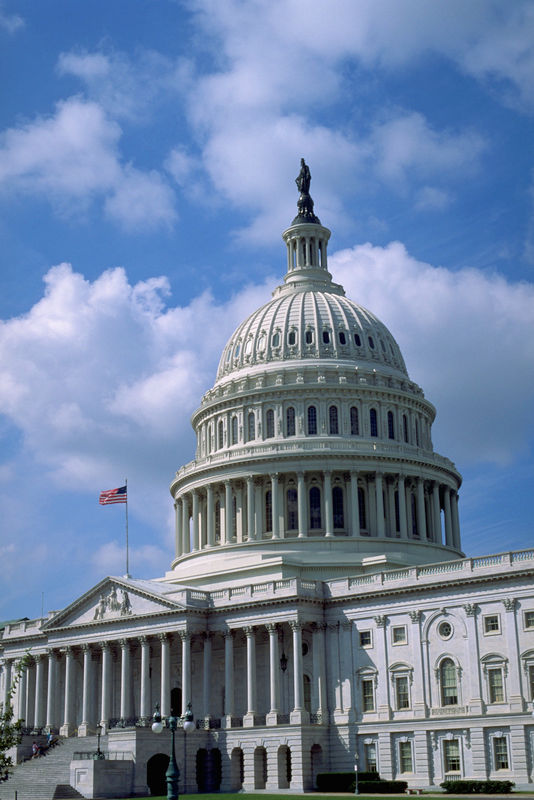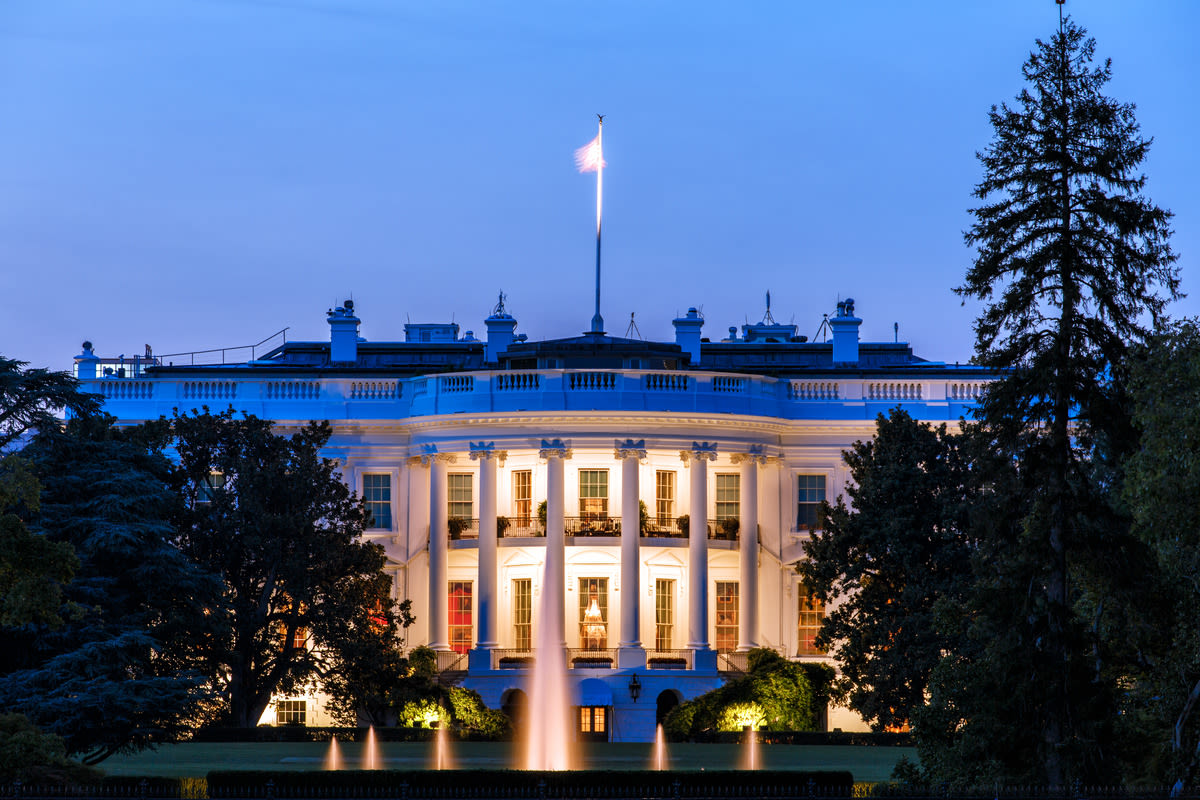
March 25, 2020
COVID-19: Getting Protective Gear and N95 Masks Where they Need to Go
Tags:
COVID-19: Getting Protective Gear and N95 Masks Where they Need to Go

March 25, 2020
A common denominator at the center of the coronavirus pandemic has been N95 masks—more specifically, a dire need for them. Part of the reason for the shortage has been due to dwindling supply in China as the outbreak took off, along with limited availability in the US, and in some cases, hoarding by individuals rushing to buy masks for their protection. The dearth of supply has put healthcare workers and others at risk, which can have a ripple effect on the rest of the population. Adding to the issue is confusion around getting them imported into the United States (US). What’s needed to address the urgency: better understanding of Customs regulations and community support.
Because speed is everything when it comes to health care, finding ways to prevent stalls in transporting medical supplies from outside the country is critical. Making sure goods and importers are FDA-registered and approved is key to keeping things moving.
FDA-regulated N95 masks (unlike NIOSH-certified N95 masks, which are designed for construction or food workers), are considered medical devices and are intended specifically for the medical industry. Here’s what’s needed to get the necessary approvals.
- Manufacturers of N95 masks (also known as personal protective equipment or PPEs) must register the medical devices with the FDA prior to importation.
- The importer bringing the masks into the country must be registered with the FDA.
If the foreign manufacturer and product are not FDA approved, they will need to contact the CDC at CVSDBadmin@cdc.gov. Once the CDC approves the request, the FDA will add the device to the list of authorized respirators.
Keep in mind that when Customs rules aren’t followed, shipments can be significantly delayed. For instance, if a non-registered medical device enters the US without FDA approval, US Customs would detain the product and force destruction or re-exportation back to the country of origin. However, the FDA has established Emergency Use Authorizations due to Coronavirus; and it has said it may consider speeding up review of manufacturing site changes or premarket submissions to help alleviate supply pressures.
Meanwhile, to address the shortage of N95 masks, manufacturers are increasing production and officials are working hard to get word out that such supplies should be reserved specifically for health workers who are caring for patients with coronavirus. In addition, some companies, such as Flexport, are working within their communities to get personal protective equipment (PPE) and respirators into the hands of those who most need them.
Through Flexport.org, a program focused on shipping humanitarian aid, Flexport is raising money through a GoFundMe campaign called the Frontline Responders Fund, to help ship medical equipment to hospitals and areas impacted by the shortage. Actor and former governor/body builder Arnold Schwarzenegger recently donated $1M to help support the effort, telling Rolling Stone, “Our doctors, nurses and hospital staff are the real action heroes of this crisis.... We have an opportunity and a responsibility to provide them with personal protective equipment right now to keep them safe as they fight this virus.”
Working with MedShare and Project CURE, Flexport.org has helped nonprofits ship over 450,000 masks, coveralls, gloves, and other personal protective equipment to China, Africa, the US and hard-hit areas in Italy, as well. We will continue to support both nonprofit and for profit organizations in the fight against this virus by shipping supplies to affected areas.
To ensure equipment is getting into the right hands, Flexport instituted a policy to ship PPE only if existing or potential clients could demonstrate which hospital system or front line emergency response organization would receive the goods. Given COVID-19’s immense pressure on the healthcare system, the need for PPE for frontline emergency responders and healthcare providers has become all the more urgent.
If you’d like to support relief efforts, please contribute to the Flexport.org Fund at https://flexport.org/fund-ngo/.
About the Author

March 25, 2020


